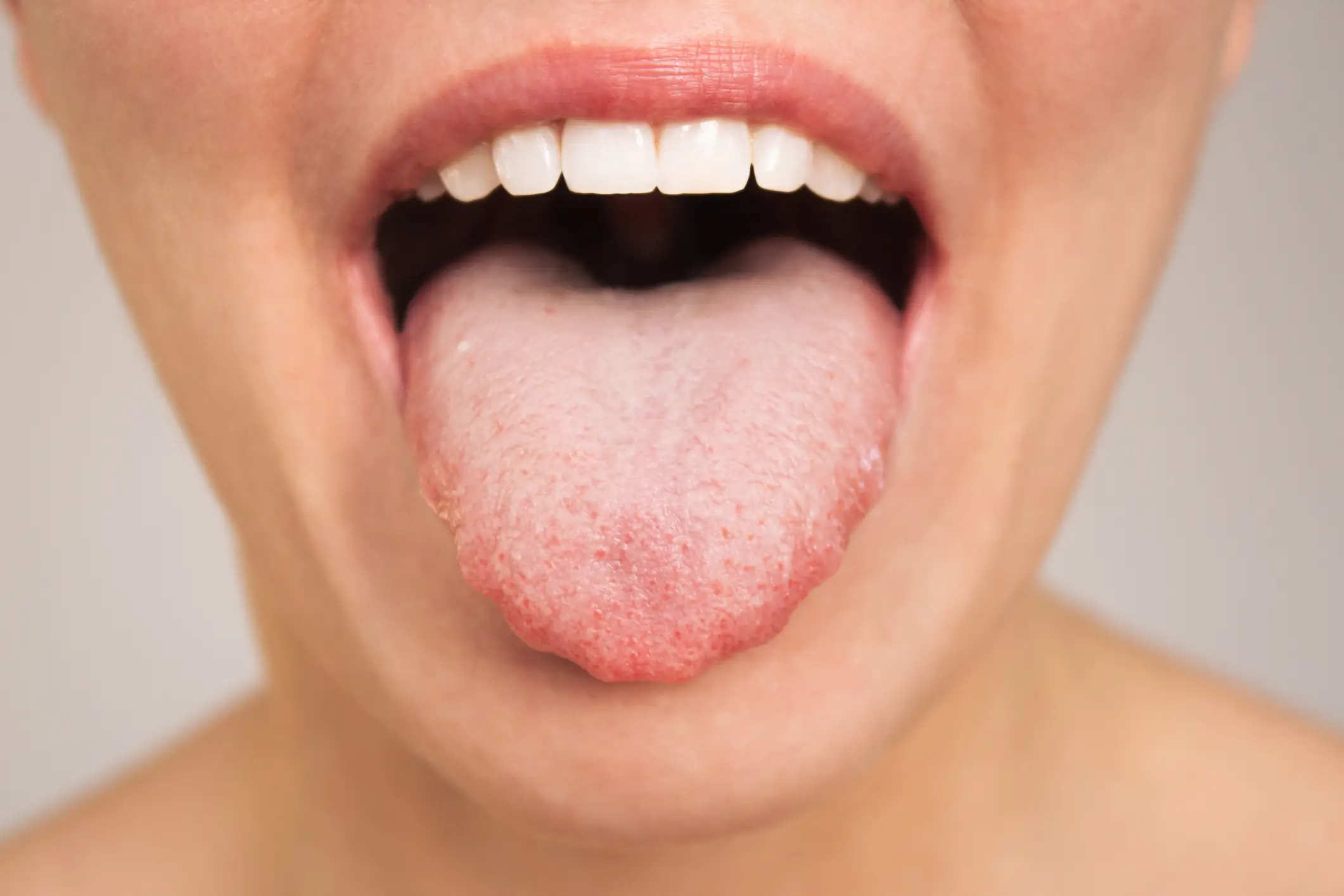
Morning breath happens to just about everybody, but is it always harmless, or can it sometimes be an indication of a more serious health issue?
One doctor has urged people not to ignore morning breath, and to take signs more seriously as it can, in some cases, indicate an underlying problem.
Dr M Ali, a dentist at Emerdency, has explained that 'persistent or unusually strong morning odor can sometimes point to an underlying health issue'.
According to Dr Ali, there are some conditions that can present with strong morning breath.
Gum disease
Dr Ali says that gum disease is actually one of the most common causes of morning breath - and it's really important to get it sorted.
Advert
"Gum disease is one of the most common and important causes of ongoing morning breath. The bacteria linked with sulphur gases are also associated with inflammation and damage in periodontal tissues," Dr Ali explained.

"Laboratory studies show that methyl mercaptan can interfere with collagen metabolism in gum fibroblast, which may contribute to recession, inflammation, and bone loss. Because early gum disease can progress with few obvious symptoms, persistent bad breath may be an early warning sign."
Dry mouth
If you already suffer from dry mouth, it can make morning breath worse.
This is because saliva limits the amount of harmful bacteria in the mouth.
Dry mouth can be experienced for a number of different reasons, including certain medications, such as blood pressure treatments, antidepressants, and antihistamines.
"As the protection falls, bacteria thrive, sulphur compounds build up, and odor can persist even after brushing," Dr Ali said.

Sinus and throat infections
Morning breath can also be worsened by sinus and throat infections which 'can coat the back of the throat and tongue with mucus, which bacteria convert into foul smelling gases'.
"Persistent tonsillitis can also produce a similar effect, especially when tonsil stones are present, which can worsen the problem. These calcified deposits can release concentrated sulphur compounds that mouthwash may not fully mask, as the source lies deeper in the throat," Dr Ali warned.
Acid reflux
Dr Ali explains that having acid reflux can have a direct link with bad breath, due to the sour acid that can creep up the oesophagus.
"Gasto oesophageal reflux is another possible contributor. At night, stomach acid and partially digested food can travel up into the oesophagus and sometimes into the mouth," the medic noted.
"This produce a sour odor that lingers after brushing because the source is in the digestive tract rather than the mouth. Ongoing acid exposure can irritate delicate tissues, so it is important to discuss any changes in breath that might be linked to reflux with your dentist to doctor."

Systemic illness
Dr Ali warns that in some cases, morning breath can be a result of 'systemic illness'.
"Poorly controlled diabetes can raise ketones levels, giving the breath an acetone or fruity smell," the expert said.
"Kidney disease can allow urea to accumulate, which breaks down to form ammonia and a strong odor. Advanced liver disease can increase sulphur compounds in the blood, producing a sweet, musty smell known as foetor hepaticus. These breath changes can appear early in the course of diabetes, sometimes before other symptoms."
If you're concerned about morning breath, it's important to get any issues checked out by a medical professional.
